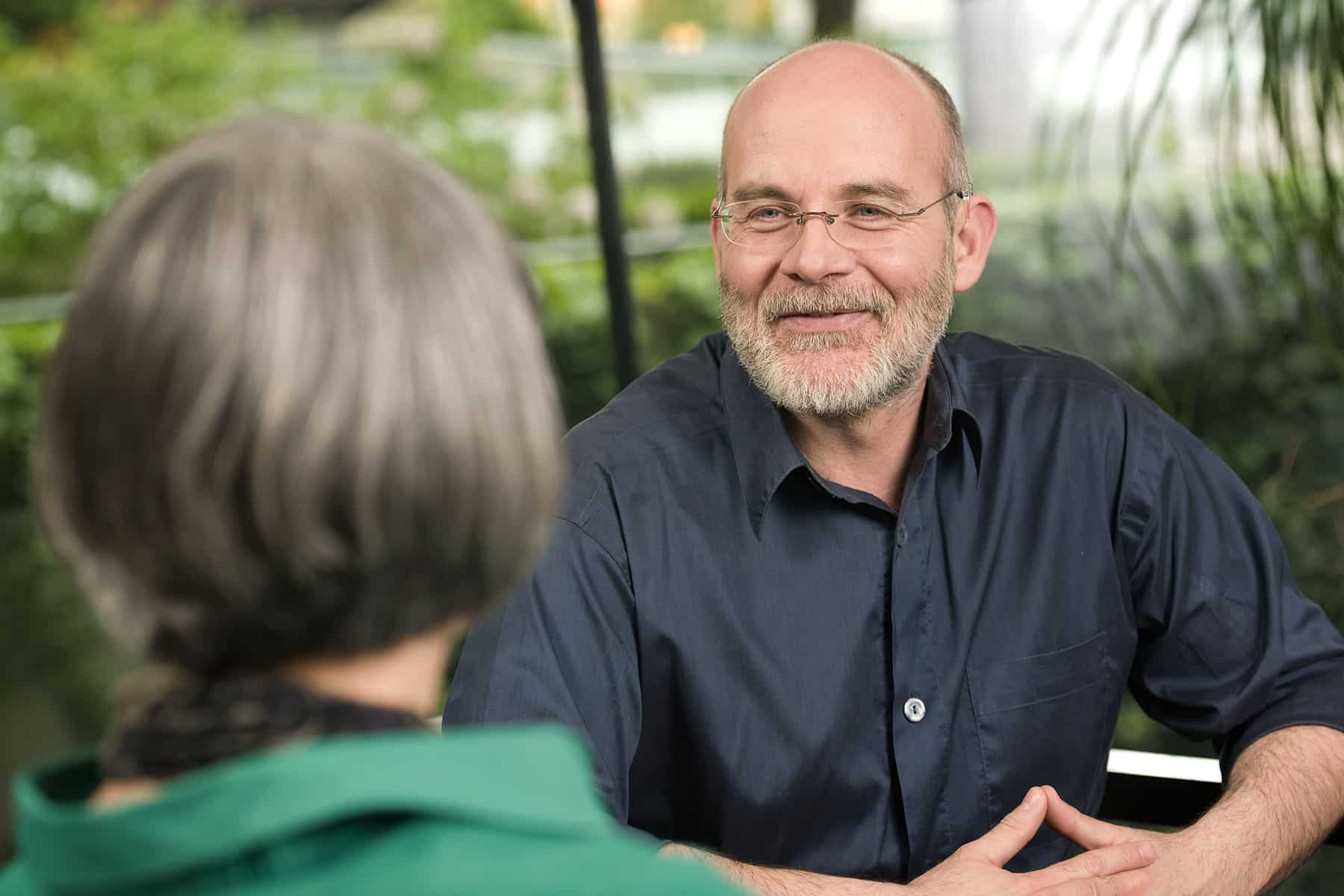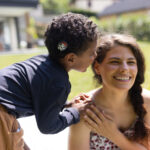MED-EL
Published Dec 02, 2015
Age-Related Hearing Loss Can Affect Your Health

Age-related hearing loss is on the rise and, on average, it takes 7-10 years for someone with a hearing loss to start looking for help.
Poor hearing can affect many areas of a person’s life. Someone with age-related hearing loss relies more on assistance from friends and family, is less likely to participate in group activities, and goes to the doctor less frequently than they should. Surprisingly, they’re often the last person to recognize how hearing loss is affecting them and their loved ones.
Hearing loss is not untreatable. But if it’s left untreated, here are some of the ways that it can affect someone’s health.
Dementia
There’s a link between hearing loss and dementia, and it’s been shown in studies.1
Of course, this doesn’t mean a particular person with hearing loss will develop dementia. But, it does mean that they are more prone to dementia later on. Scientists are studying whether getting a hearing aid or hearing implant can delay or prevent dementia. The answer isn’t clear right now, but it looks like signs are pointing towards “yes.”2
Social Isolation and Depression
Another concern is depression. It makes sense that someone who can’t hear well has difficulties communicating in many environments like social activities and family gatherings. This can make them feel removed from friends and family and can be the first step towards social isolation and, many times, towards depression.
Falling
It might be surprising, but having hearing loss is also shown to create a higher risk of falling.3 Right now scientists have identified three possible reasons why this might happen:
- Having a balance problem could be connected to having a hearing problem.
- Having hearing loss leads someone to be less aware of their surroundings and therefore more likely to fall.
- Having a hearing loss also means someone will spend more mental resources trying to hear. Walking and balancing also needs a lot of mental resources. Sometimes it might be too much for someone to concentrate on both.
If either #2 or 3 are right, then getting a hearing aid or hearing implant could reduce the chances of falling.
Physical Fitness
Having hearing loss tends to mean that someone does less physical activity.4 A moderate or worse hearing loss is associated with lower levels of physical activity. Part of this could be because someone with hearing loss would tend to stay at home (see our point about social isolation and depression above), doing generally non-physical activities like reading or watching TV.5
What You Can Do
As we’ve said, studies are indicating that hearing aids and hearing implants might help someone deal with these effects.
Read these inspiring stories of how MED-EL cochlear implants have changed lives:
- Story: Joe Long got his cochlear implant at age 83. “It’s just so delightful,” his wife said.
- Video: Don is “able to rejoin the life that [he] was shying away from” after receiving his cochlear implant.
- Video: Three stories about three older adults choosing to receive a cochlear implant.
For someone who’s eligible to receive a hearing implant, implantation is a routine procedure and there’s no upper age limit.6 Some recipients have been older than 90 when they got their hearing implant. Renowned surgeons have said, “Age alone should not be a contraindication when determining candidacy for this life-changing technology.”7
So if you know someone who could be hearing better, share this information with them. You might help them with more than their hearing!
References
- Lin et al. (2013). Hearing Loss and Cognitive Decline in Older Adults. JAMA Intern Med, 1-7
- Mosnier et al. (2015) Improvement of Cognitive Function After Cochlear Implantation in Elderly Patients. JAMA Otolaryngol Head Neck Surg
- Lin, F.R., Ferrucci, L. (2012). Hearing loss and falls among older adults in the United States. Arch Intern Med, 172(4):369-371
- Kamil, R.J., Li, L., Lin, F.R. (2014). Association between hearing impairment and frailty in older adults. J Am Geriatr Soc, 62(6):1186-8
- Gispen et al. (2014). Association between hearing impairment and lower levels of physical activity in older adults. J Am Geriatr Soc, 62(8): 1427-33
- Coelho et al. (2009). Cochlear implantation is associated with minimal anesthetic risk in the elderly. Laryngoscope, 119(2): 355-8.
- Cosetti, M.K., Lalwani, A.K. (2015). Is cochlear implantation safe and effective in the elderly? Laryngoscope, 125(6):1279-81
MED-EL
Was this article helpful?
Thanks for your feedback.
Sign up for newsletter below for more.
Thanks for your feedback.
Please leave your message below.
Thanks for your message. We will reply as soon as possible.
Send us a message
Field is required
John Doe
Field is required
name@mail.com
Field is required
What do you think?
MED-EL


